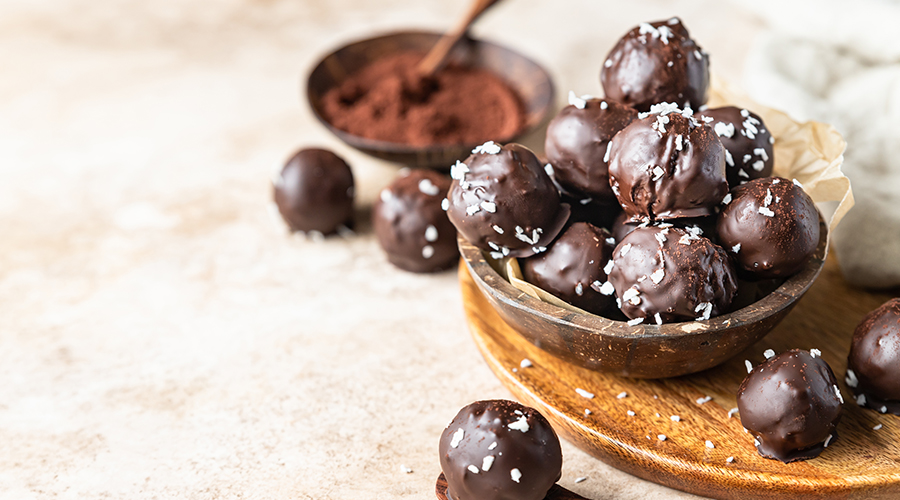Are ‘Natural’ Ingredients Always Better? The Dark Side of the Natural Label
24 April 2025
Hello Ziddis! How many of you always look at the ingredients label to make sure you are making the right purchase? But do you realize not everything that is marketed as ‘natural’ is natural? It may sound pure, safe and authentic but how do we know it truly is? Let us dig some dirt on the ‘natural ingredients’
Are Natural Ingredients Better?
There is a common belief that indicates if something is natural, it is innately better. While it is true that natural products are superior, they also have their share of danger. Consider this, natural ingredients like turmeric, aloe vera and ginger are great for health but isn’t poison ivy natural too. Additionally, a lot of natural ingredients may not always give you the desired outcome.
The Truth About Natural Ingredients
Here is where it gets interesting. Natural ingredients can vary in potency, quality and effect. For example, adding jaggery to your snacks will still add calories. If you are aiming to go calorie deficit it is important to cut the calorie not just replace it.
On the flip side, lab-made ingredients could be tested for purity and standardized ensuring more safety.
Misleading Natural Product Labels
Marketing a product as natural is every brand’s textbook strategy which, to be honest, always works. It grabs attention and makes people try the product. If the consumers are not informed they would even start believing in the product, thinking they are making a healthier choice.
But here’s a scoop of truth: There is no restriction on what can be called natural. This enables brands to market their rather synthesised ingredients as natural since they are derived from certain natural ingredients. A product could have one plant-based extract and other harmful chemicals and still carry the label of natural ingredients. Sometimes, the word natural is just a feel-good label used to distract from the less flattering parts of a product’s ingredient list. No store-bought peanut butter can be more natural than homemade because store-bought products require preservatives for longer shelf life.
Do you buy brown bread? Next time you buy it, check the ingredient table. You buy brown bread to avoid refined flour, but even brown bread has refined flour, making it unhealthy, like regular white bread. Think about it.
Interestingly, not all breakthroughs in wellness come from chasing the “natural” tag.
A great example is MuscleBlaze’s MB Enzyme Pro, which earned a US patent for its scientifically backed formulation. While many supplements rely solely on “natural” enzymes, MB Enzyme Pro stood out by using a clinically tested and precisely engineered enzyme blend. This enzyme is proven to enhance protein absorption by 50%.
Clearly, it does not always have to be rooted in what’s labelled “natural”; sometimes, science does it better.

How to Beware of Misleading Labels
The labels are not always true when they call ingredients ‘natural’. Here is how you can stay safe from this scam and not fall into the trap of giving more money than the food you are purchasing deserves.
- Read the ingredient list thoroughly. Do not just stop at the front label. Flip the pack and look closely.
- Look for certifications like organic, non-GMO or dermatologically tested. These often carry weight and don’t lie.
- Know your body and which ingredient could trigger what reaction.
- Do not think that lab-grown ingredients are all bad. Sometimes lab-formulated products are safe.
- Understand that anything natural will turn bad if preservatives are not added to it so there are no natural packaged foods without preservatives in it.
Read Also: How to Read Protein Labels & Make Better Choices
Takeaway
Just because it’s natural doesn’t mean it’s safe. And just because it’s made in a lab doesn’t mean it’s harmful. The idea that natural = good and synthetic = bad is a myth we need to outgrow.
Ziddis, let’s be smart shoppers. Let’s move beyond the label and make choices based on science, transparency, and how our bodies truly respond. After all, your health deserves more than just a pretty word.









 100% Safe & Secure payments:
100% Safe & Secure payments:




